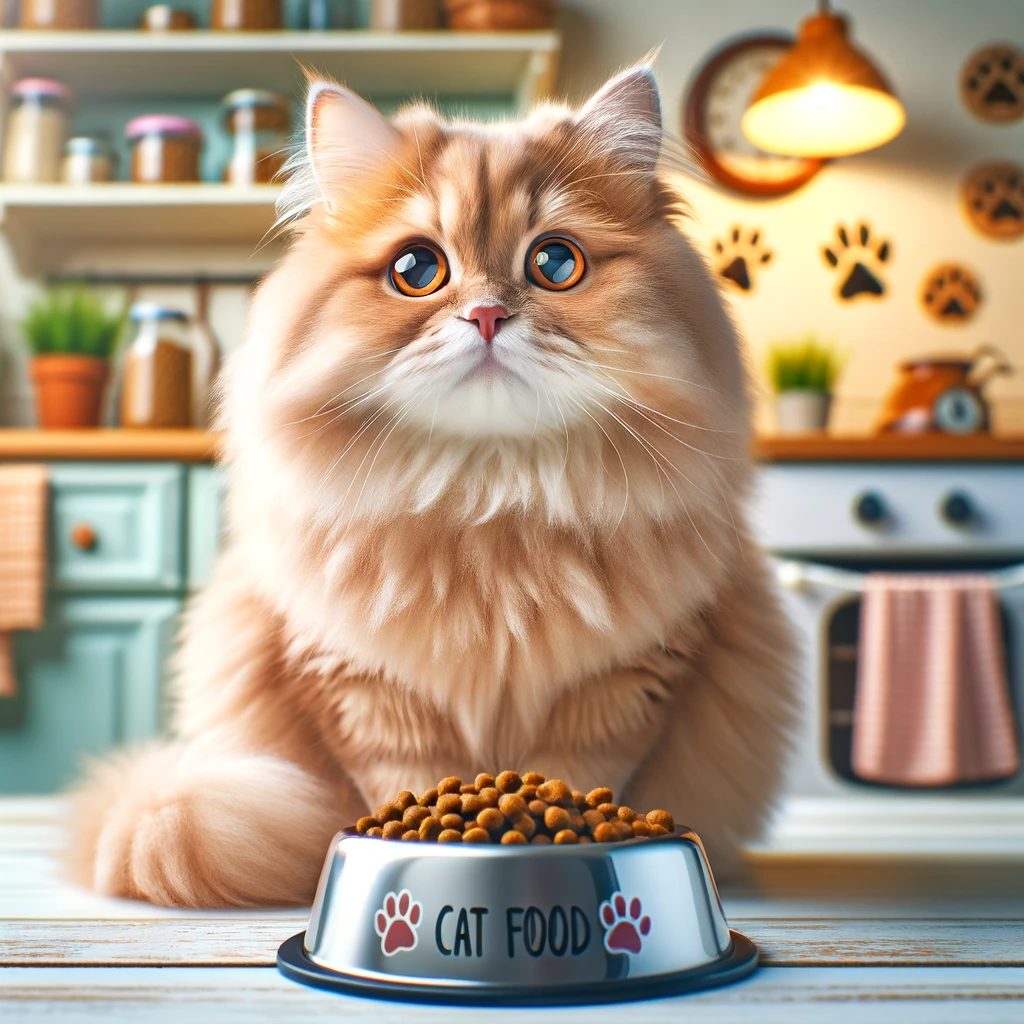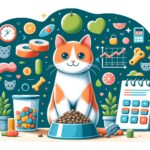Hello, fellow cat lovers! Today, we’re diving into an important topic that’s crucial for the health of our feline friends – common cat food ingredients that can be surprisingly harmful. Cats are not just pets; they are part of our family, and ensuring their health and happiness is a top priority. So, let’s explore some of the ingredients in cat food that might be doing more harm than good, and what healthier alternatives we can choose.

Artificial Preservatives: Hidden Hazards in Cat Food
Many commercial cat foods contain artificial preservatives to prolong shelf life, but some of these can be detrimental to your cat’s health.
Problematic Preservatives
- BHA (Butylated Hydroxyanisole) and BHT (Butylated Hydroxytoluene): Widely used in pet food, these preservatives are controversial due to their potential carcinogenic effects. Studies have linked them to kidney and liver damage in animals.
- Ethoxyquin: Initially developed as a herbicide, ethoxyquin is another common preservative in pet foods. It’s been associated with various health issues in cats, including skin and liver problems.
- Propylene Glycol: Used to maintain moisture and texture in cat food, propylene glycol can be harmful in large doses, potentially causing Heinz body anemia in cats.
Healthier Alternatives
When selecting cat food, opt for products that use natural preservatives such as Vitamin C (ascorbic acid) or Vitamin E (mixed tocopherols). These are much safer for your cat and can provide additional health benefits.
The Problem with Plant Proteins: Soy and Beyond
Cats are obligate carnivores, meaning their diet should be primarily meat-based. However, many cat foods use plant proteins like soy as a cheaper alternative to animal protein.
Dangers of Soy Products
Soy can be problematic for cats due to its phytoestrogens, which can disrupt endocrine function. It also contains anti-nutrients that hinder the absorption of essential nutrients and can cause digestive issues in cats.
Better Protein Sources
Look for cat foods that list real meat, poultry, or fish as their primary ingredients. These sources provide the high-quality protein that cats need without the potential side effects of plant-based proteins.
Thickeners and Stabilizers: The Carrageenan Concern
Thickeners and stabilizers are often added to cat food, especially wet varieties, to improve texture and consistency. However, some of these can be harmful.
The Issue with Carrageenan
Carrageenan, derived from red seaweed, is a common thickener in pet food. Though it’s considered safe in small quantities, there are concerns about its potential inflammatory effects on the digestive system of cats.
Safer Alternatives
Seek out cat foods that use natural thickeners like pumpkin or sweet potato. These not only provide a safe way to enhance food texture but also offer additional nutritional benefits for your cat.
Conclusion
Choosing the right food for your cat is vital for their health and wellbeing. By being aware of harmful ingredients like artificial preservatives, plant proteins like soy, and thickeners such as carrageenan, you can make better choices for your feline friend. Always opt for cat food with high-quality, natural ingredients to ensure your cat lives a long, happy, and healthy life.
Remember, every cat is unique, and their dietary needs can vary. It’s always a good idea to consult with your veterinarian when making significant changes to your cat’s diet.
Stay tuned for more insights and tips on cat care. Happy and healthy feeding to all the fabulous felines out there! 🐾



